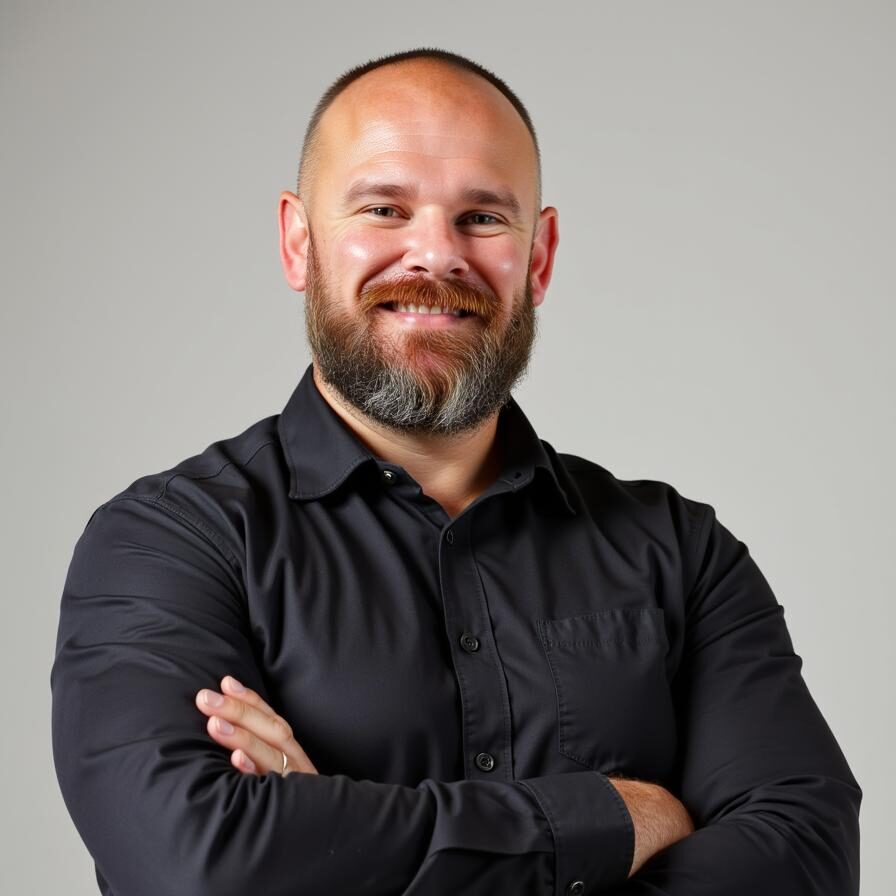 Why Does My Child Need Assessments?
Why Does My Child Need Assessments?
Springtime on any school campus brings a schedule jam-packed with activities, events, celebrations, and, everyone’s favorite, standardized testing. Right at the time when students can almost see the light at the end of the tunnel, they are hit from left and right with test after test, and assessment after assessment. Some forms of standardized testing start early, even in Kindergarten or first grade. My daughter is only in first grade, and at our last parent-teacher conference, we were shown almost 2 years worth of diagnostic and assessment data about her performance.
What Are Your Educational Desires for Your Child?
As a parent, I was torn. I want my daughter to love school. I want her to enjoy reading, writing, and learning. I want her to engage in play with her classmates, and learn the arts, music, and technology. Do I want her to take standardized assessments? Do I really care about those tests in comparison to the other educational desires I have for my child? I found myself sitting across from her teacher at the kidney table, in a chair that was way too small for me, wondering how much emphasis I should put on my daughter’s diagnostic results. The assessment I was being shown was her iReady diagnostic from January. This assessment measures growth by assigning each student an expected growth score based on their first assessment for the year. A lot of analysis goes into determining what this growth score is, but basically they show teachers, students, and parents where a child “should be” by the end of the school year.
How Does My Child Respond to Daily Learning?
I asked my daughter’s teacher if he felt she was trying her best. He said that she is very engaged, tries on all of her work, and turns everything in. She is very kind and helpful, and loves to play with the other kids. At times, she gets distracted or tries to rush through her work to get to the art activity. I decided, with my legs cramping under the tiny table, that I would focus on the good, have a discussion on how she could continue to improve, and tell her how proud I am to be her daddy; and I would not put much emphasis on her standardized test.
What Types of Tests Must My Student Complete?
Students in some grade levels will take a staggering number of tests. In California public schools, students may be taking the ELPAC (an English language proficiency assessment), the CAASPP (a standardized test in reading/ELA and math), the CAST (statewide science assessment), school-based benchmark diagnostics, performance tasks, SATs, ACTs, final exams, and whatever other end-of-year projects and tests teachers need to assign to determine mastery levels and grades. It can all be overwhelming and anxiety-inducing for everyone involved: teachers, administrators, parents, and especially students.
How Can I Support My Child?
Take time to talk with your child about their upcoming assessments. Make sure they know that you expect them to try their best, but that you are proud of them no matter what the outcome. Yes, these assessments are important for students and schools, but they absolutely do not determine the value a child brings to the table. Every child has a unique set of skills, talents, and abilities, many of which cannot be measured by these standardized assessments. Your child needs to know that you see their value and you love them for just who they are. Ironically, when we take the pressure off and make sure kids know they are loved, they will do better on their tests. With the knowledge of your love and support, they will be able to walk into their tests feeling confident and supported. That is what your child needs from you in this era of assessment.

Dr. Kevin Myers is an Executive Administrator for YPI Charter Schools and the Principal at Bert Corona Charter School. He has served the Los Angeles community as a teacher, administrator, and grant director for over 20 years. He has a passion for developing teachers and educational leaders to engage in the challenging work of bringing equity to our schools and our communities. Dr. Myers has developed an expertise in supporting underserved communities, building effective and cohesive school leadership teams, and engaging parents to uplift their communities through engagement at their children’s schools. He wrote his dissertation on teacher self-efficacy and job satisfaction and is a strong advocate for supporting and working with teachers to build a strong and successful school community. In addition to his work at YPI Charter Schools, Dr. Myers is also a faculty member at Cal State Fresno and works with student teacher candidates to earn their credentials as they work through the CalState TEACH program.

